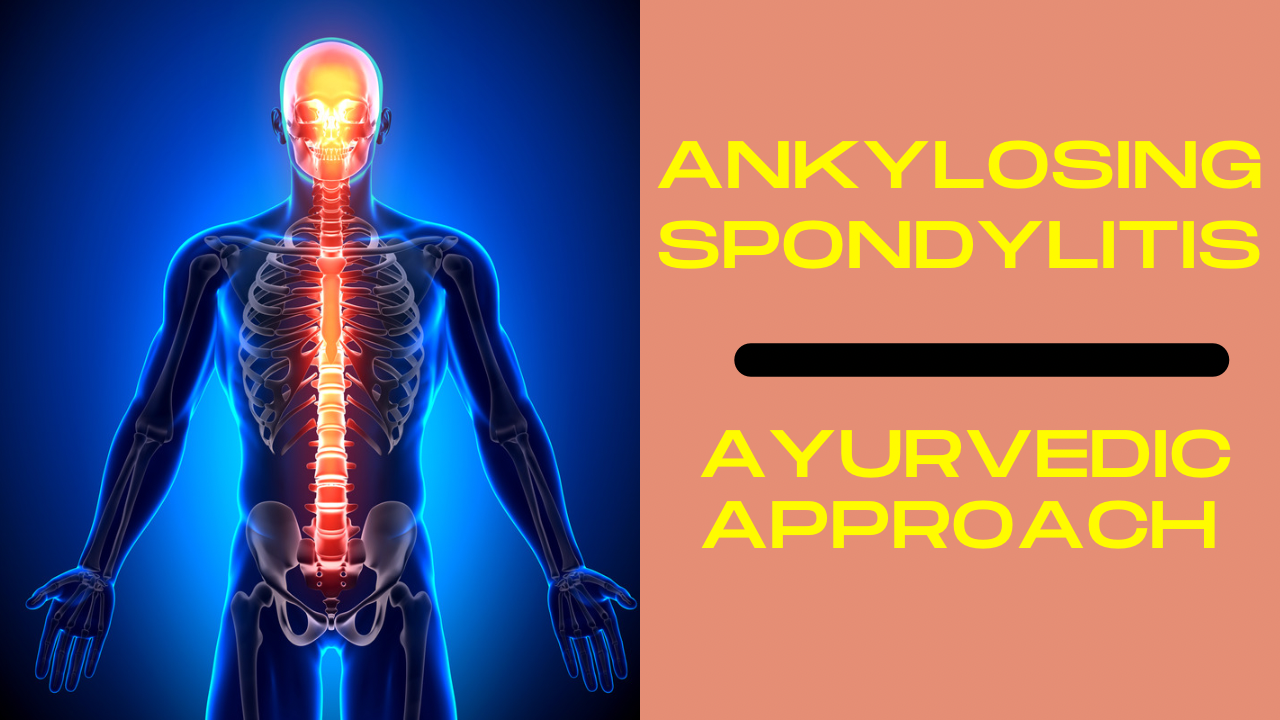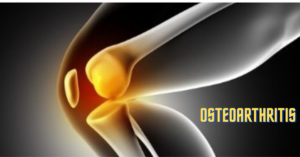Introduction to Ankylosing Spondylitis
Ankylosing Spondylitis is a chronic inflammatory condition that predominantly affects the spine. It is estimated to affect approximately 0.5-1% of the global population. While the exact cause of this condition remains unknown, it is believed to have a genetic component. Ankylosing Spondylitis leads to the fusion of vertebrae in the spine, causing stiffness, pain, and reduced mobility.
Understanding Ayurveda
Ayurveda, a traditional Indian system of medicine, offers a holistic approach to health and well-being. It emphasizes the harmony between body, mind, and spirit. Ayurvedic practitioners view health as a state of balance, whereas disease arises from imbalances in the three doshas – Vata, Pitta, and Kapha. By identifying and addressing these imbalances, Ayurveda aims to restore optimal health.
In Ayurveda, health is not merely the absence of disease but a state of complete physical, mental, and spiritual well-being. This approach examines various factors influencing an individual’s health, including their lifestyle, diet, and emotional well-being.
Ayurvedic Concept of Ankylosing Spondylitis
Ayurvedic philosophy suggests that the root causes of Ankylosing Spondylitis lie in the accumulation of toxins (ama) and the imbalance of the Vata and Pitta doshas. This imbalance disrupts the natural flow of energy, leading to inflammation, pain, and stiffness in the spine.
Diagnosis of Ankylosing Spondylitis in Ayurveda
In Ayurveda, diagnosis of Ankylosing Spondylitis involves a comprehensive assessment of an individual’s medical history, followed by specific examination methods. These methods include palpation, observation, and listening. Pulse diagnosis and tongue examination, which provide valuable insights into the dosha imbalances, are also employed.
Ayurvedic Treatments for Ankylosing Spondylitis
Ayurvedic treatments for Ankylosing Spondylitis focus on restoring balance and eliminating toxins from the body. Panchakarma therapy, a detoxification and rejuvenation process, plays a central role in this approach. It involves various therapies such as medicated oil massages, steam treatments, and herbal enemas, aiming to cleanse the body and promote healing.
Additionally, herbal remedies and formulations are utilized to target inflammation and provide relief from pain. These formulations often include herbs with anti-inflammatory properties, such as Turmeric (Curcuma longa) and Shallaki (Boswellia serrata). Tailored diet and lifestyle modifications, including the avoidance of certain trigger foods and adopting gentle exercises, are also crucial in managing Ankylosing Spondylitis.
Application of Ayurvedic Therapies
The timeline and duration of Ayurvedic treatments for Ankylosing Spondylitis vary depending on the severity and individual response. While some individuals may experience improvements within a few weeks, others may require several months of consistent treatment. It is essential to adhere to the prescribed treatment plan and undertake regular follow-ups with an Ayurvedic practitioner to ensure optimal outcomes.
During the treatment process, managing flare-ups becomes vital. Ayurveda recognizes the dynamic nature of diseases and provides measures to alleviate symptoms during acute periods. The treatment approach is adapted accordingly, with a focus on balancing the doshas and reducing inflammation.

Ayurveda and Western Medicine Synergy
Ayurveda acknowledges the value of collaboration between Ayurvedic and conventional western medicine. Integrating Ayurvedic practices into a comprehensive treatment plan can provide a holistic approach to managing Ankylosing Spondylitis. By combining the strengths of both systems, individuals can benefit from a more diverse range of interventions and improve their overall well-being.
Research and Scientific Studies on Ayurvedic approach to Ankylosing Spondylitis
Various clinical trials and studies have investigated the efficacy of Ayurvedic interventions for Ankylosing Spondylitis. These studies provide scientific evidence supporting the use of Ayurvedic treatments in managing symptoms associated with this condition. However, more research is needed to establish a stronger scientific foundation and further explore the potential benefits.
Conclusion
Ayurveda offers a unique and holistic perspective on Ankylosing Spondylitis. By addressing the underlying imbalances, Ayurvedic treatments aim to manage symptoms, improve overall well-being, and restore balance in individuals’ lives. It is essential for individuals to explore Ayurveda as a complementary therapy and work with qualified practitioners to experience the potential benefits this ancient system of medicine has to offer.
To consult with Ayurvedic Health Expert , just book an appointment at +91 8256003636




